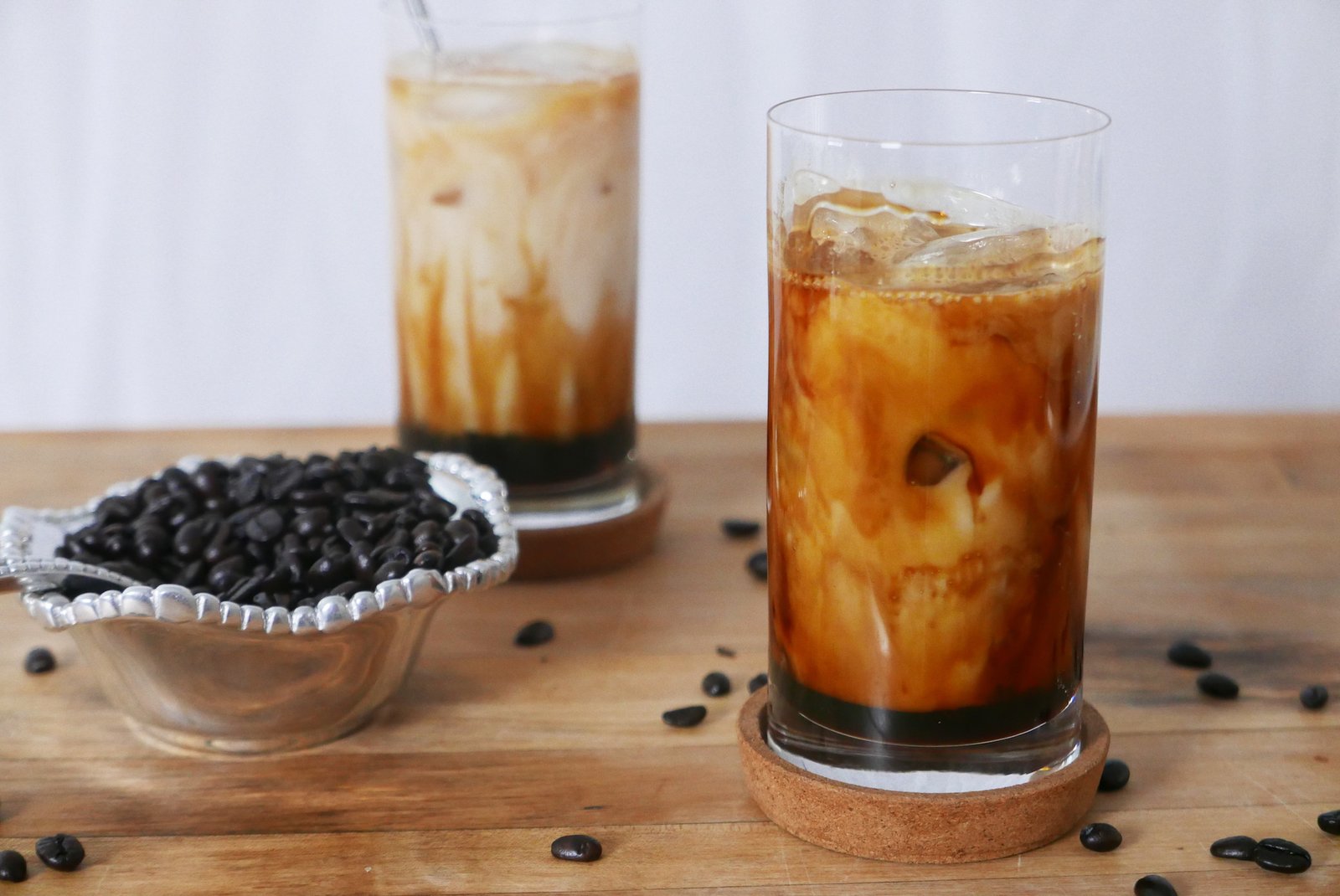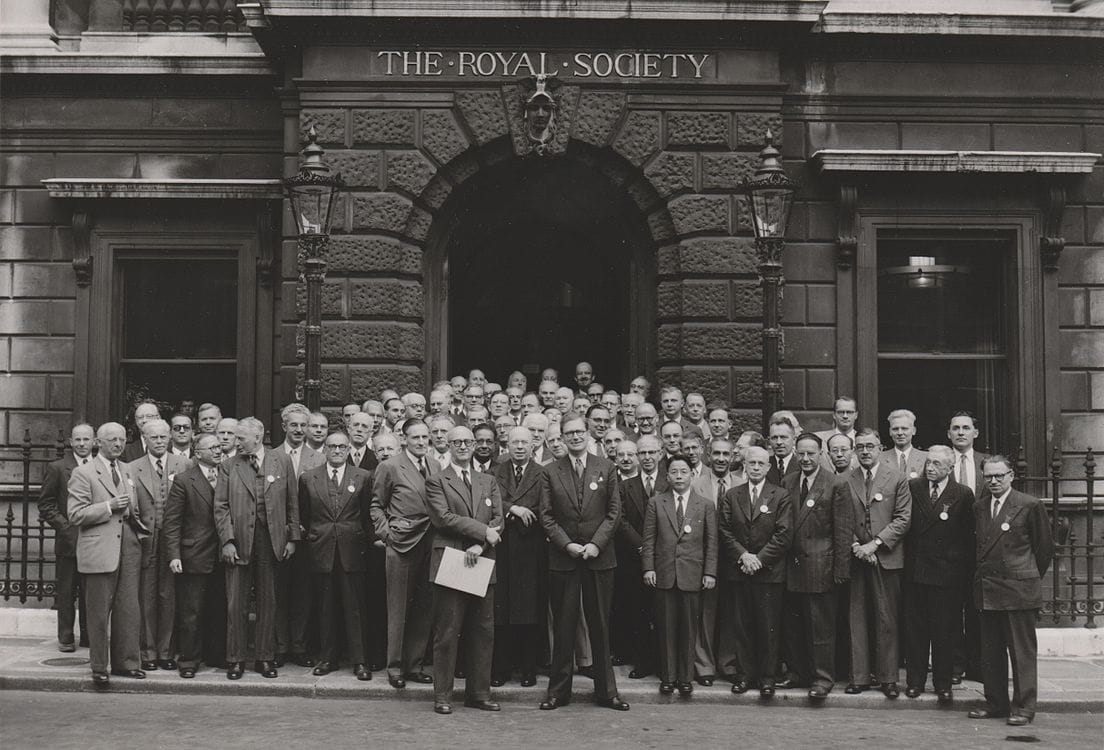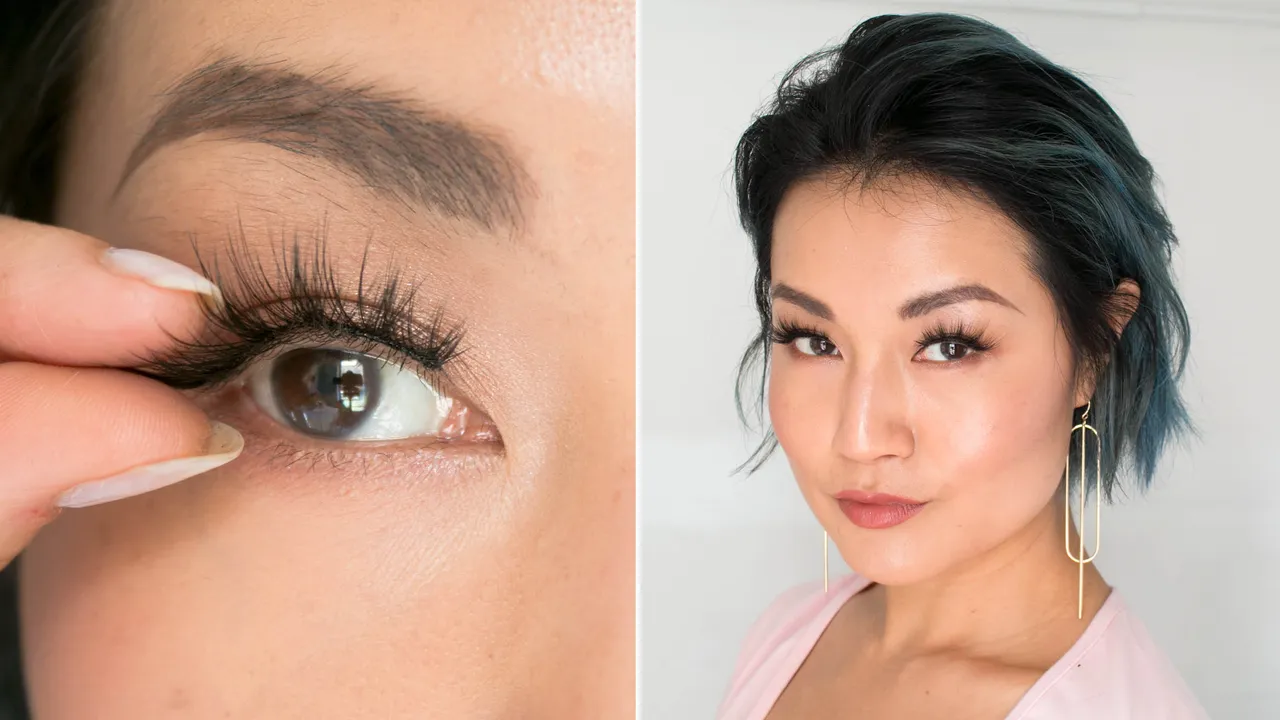
Coffee is one of the most popular beverages worldwide, and for many, sweetening it is a must. While sugar remains the most common choice for adding sweetness, brown sugar has gained attention as a flavorful alternative to white sugar. But is brown sugar a good choice in coffee? Let’s dive into the flavor profile, potential health implications, and reasons why you might (or might not) want to consider using brown sugar in your daily cup.
What is Brown Sugar?
Brown sugar is essentially white sugar with added molasses, which gives it its darker color and richer taste. There are two primary types: light brown sugar and dark brown sugar. Light brown sugar has a mild molasses flavor, while dark brown sugar contains more molasses, providing a stronger, deeper taste. Both types can change the flavor profile of coffee in unique ways.
Flavor Profile: Brown Sugar vs. White Sugar in Coffee
One of the main reasons people add brown sugar to coffee is for the enhanced flavor. Here’s how it compares:
- Brown Sugar: The molasses in brown sugar adds depth and complexity to coffee. It has a caramel-like sweetness with slightly smoky and earthy undertones, which can complement the bitter notes of coffee, especially darker roasts. Some coffee drinkers appreciate the richness and warmth brown sugar brings to their cup, finding it to add more character than white sugar.
- White Sugar: White sugar provides a clean, straightforward sweetness. It sweetens coffee without altering the flavor, allowing the natural characteristics of the coffee to shine through. It’s more neutral and doesn’t add any new flavor dimensions.
Health Implications of Using Brown Sugar
While both white and brown sugar are made from sugarcane or sugar beets and share similar calorie content, some believe that brown sugar is a healthier alternative. Here’s a look at the facts:
- Nutritional Difference: The nutritional differences between brown sugar and white sugar are minimal. Brown sugar contains trace amounts of minerals like calcium, potassium, iron, and magnesium due to the molasses, but the amounts are so small that they don’t provide any significant health benefits.
- Caloric Content: Brown sugar and white sugar have almost identical caloric values, with a slight edge to brown sugar being slightly lower in calories (but only by about 2 calories per teaspoon). The difference is negligible in terms of its impact on overall health.
- Impact on Blood Sugar: Both brown and white sugars can lead to spikes in blood sugar levels. Since brown sugar is still a refined sugar, it’s not significantly better for people with concerns like diabetes or those trying to control their sugar intake. Moderation is key when using either type.
Why You Might Want to Use Brown Sugar in Coffee
- Enhanced Flavor: If you enjoy experimenting with the taste of your coffee, brown sugar can add complexity and richness to your brew. It’s especially good in darker roasts or if you enjoy a sweeter, more indulgent flavor.
- Natural Sweetness: Many prefer brown sugar because it feels more natural and less processed than white sugar, even though they are both refined sugars. The molasses gives it an organic touch that appeals to those who want a more earthy sweetness.
- Pairs Well with Spiced or Flavored Coffees: Brown sugar works particularly well with flavored or spiced coffee blends, such as cinnamon, nutmeg, or vanilla, amplifying the warm and comforting notes of these ingredients.
Downsides of Using Brown Sugar in Coffee
- Consistency: Brown sugar is denser and contains more moisture than white sugar, which can make it harder to dissolve completely in coffee. This may leave a bit of graininess at the bottom of your cup if not stirred well.
- Overpowering Flavor: For those who prefer the natural taste of coffee, the distinct molasses flavor in brown sugar can overpower the delicate nuances of lighter roasts or specialty beans.
- Availability: Brown sugar may not always be readily available in coffee shops or cafes, so it may not always be a convenient option if you’re used to getting coffee on the go.
Alternatives to Brown Sugar in Coffee
If you’re looking for alternatives to sweeten your coffee but are concerned about the downsides of brown sugar, consider trying:
- Honey: Provides a floral sweetness and additional antioxidants.
- Maple Syrup: Offers a similar richness to brown sugar with a hint of smokiness.
- Coconut Sugar: A less processed option with a lower glycemic index.
Ultimately, whether brown sugar is good in coffee depends on your personal taste preferences. If you enjoy a richer, more complex sweetness and don’t mind a touch of molasses flavor, brown sugar can elevate your coffee-drinking experience. However, for those who prefer a cleaner, more neutral sweetness, or want to keep their coffee tasting close to its natural state, white sugar or other alternatives might be better suited.
At the end of the day, coffee is all about personal enjoyment. If brown sugar enhances your experience, it’s certainly a worthy addition to your morning cup!






